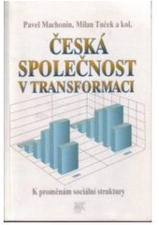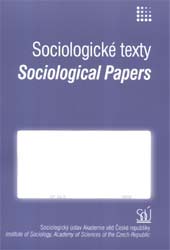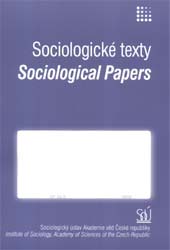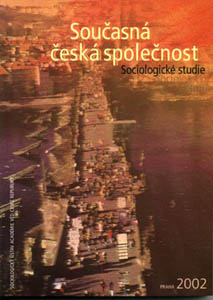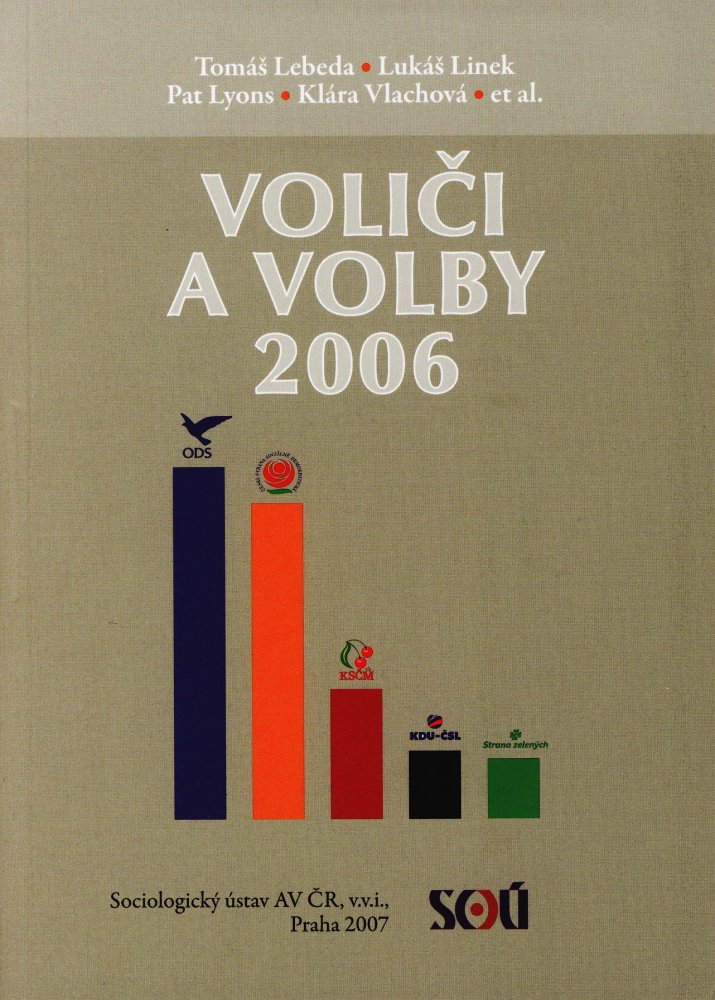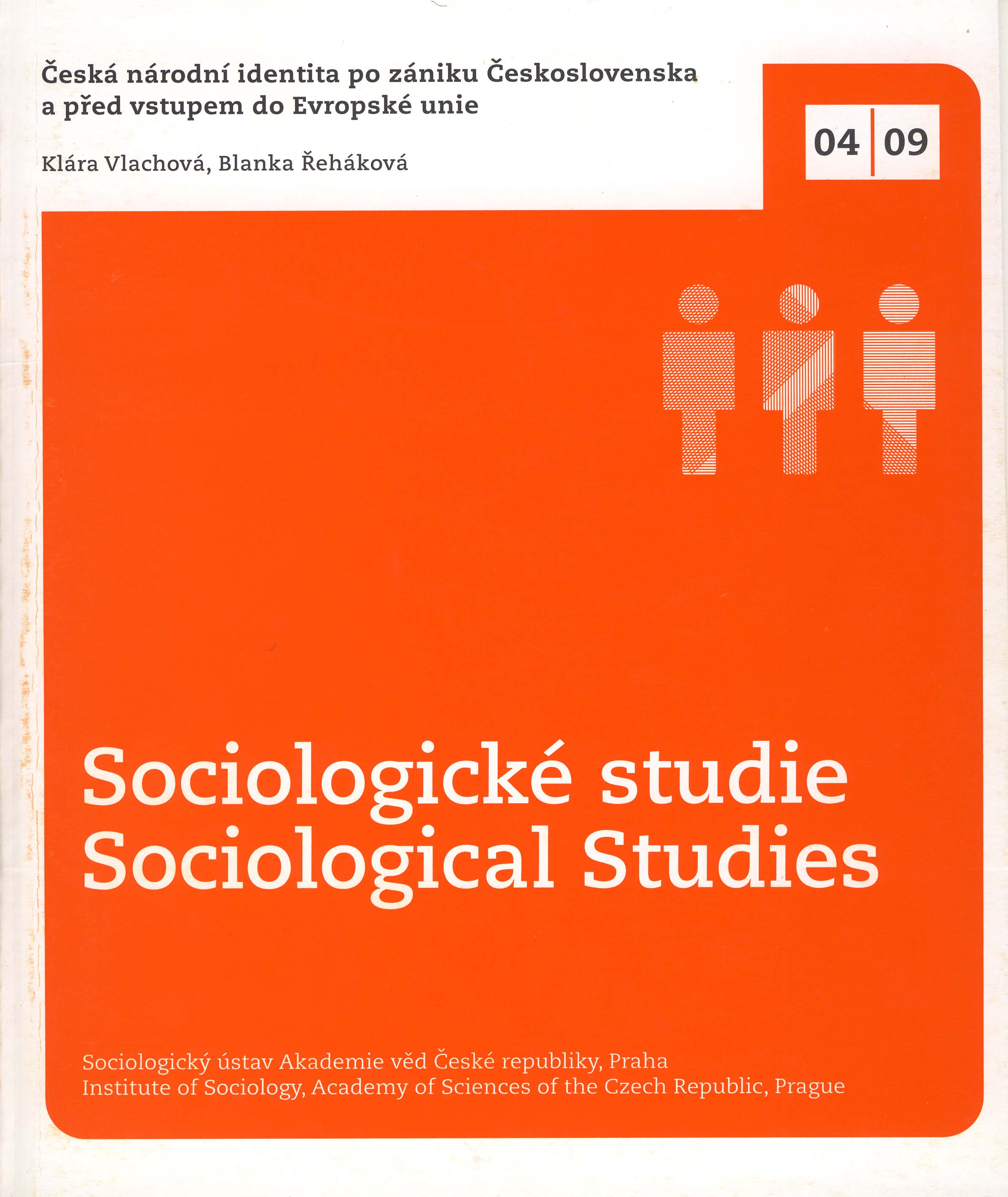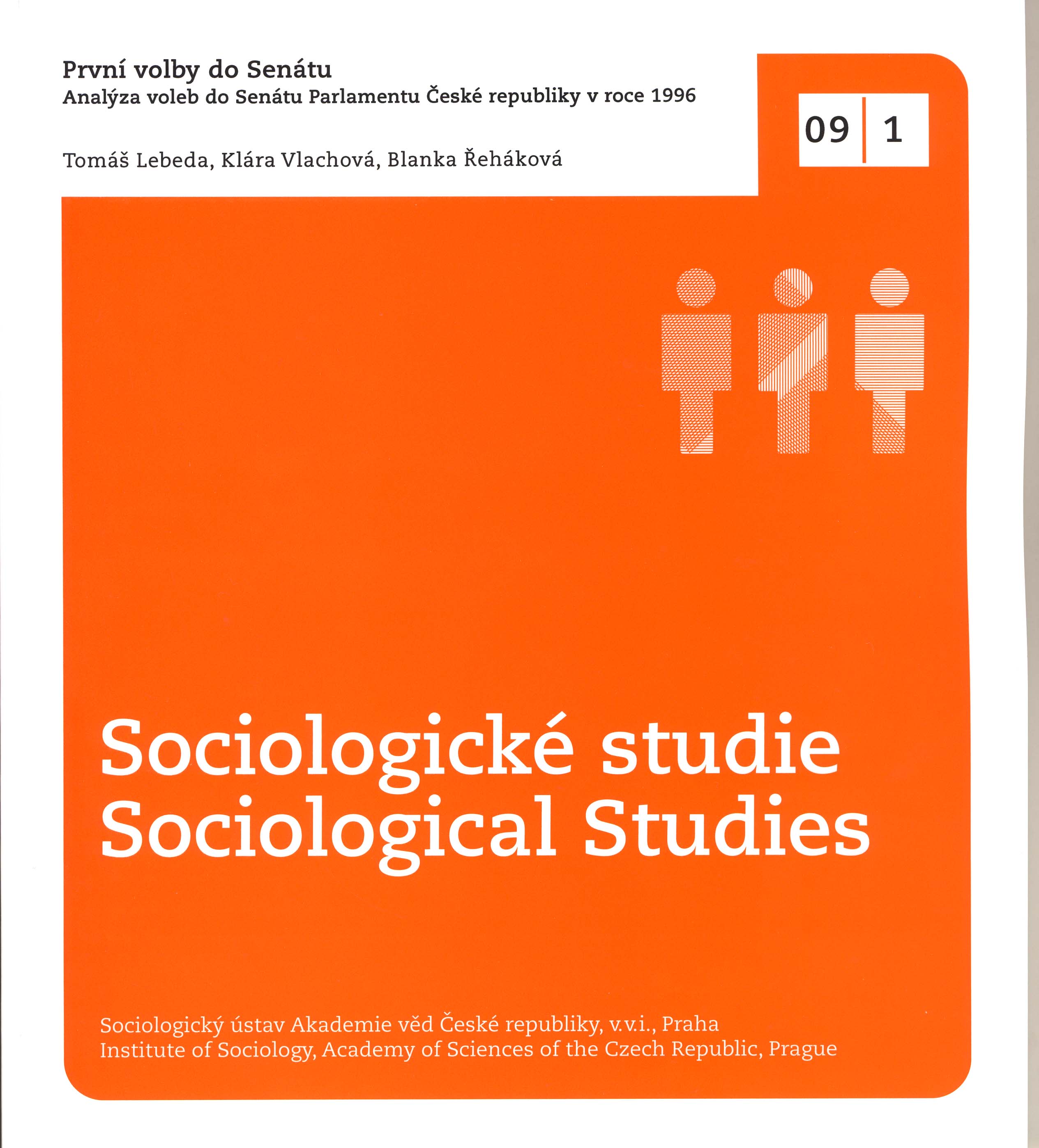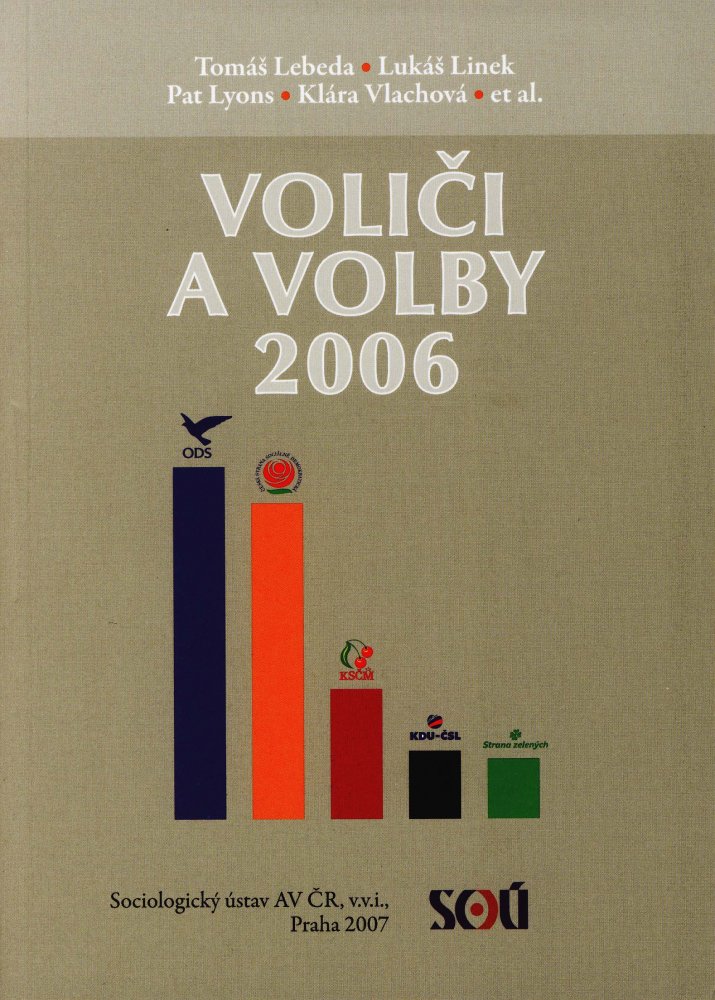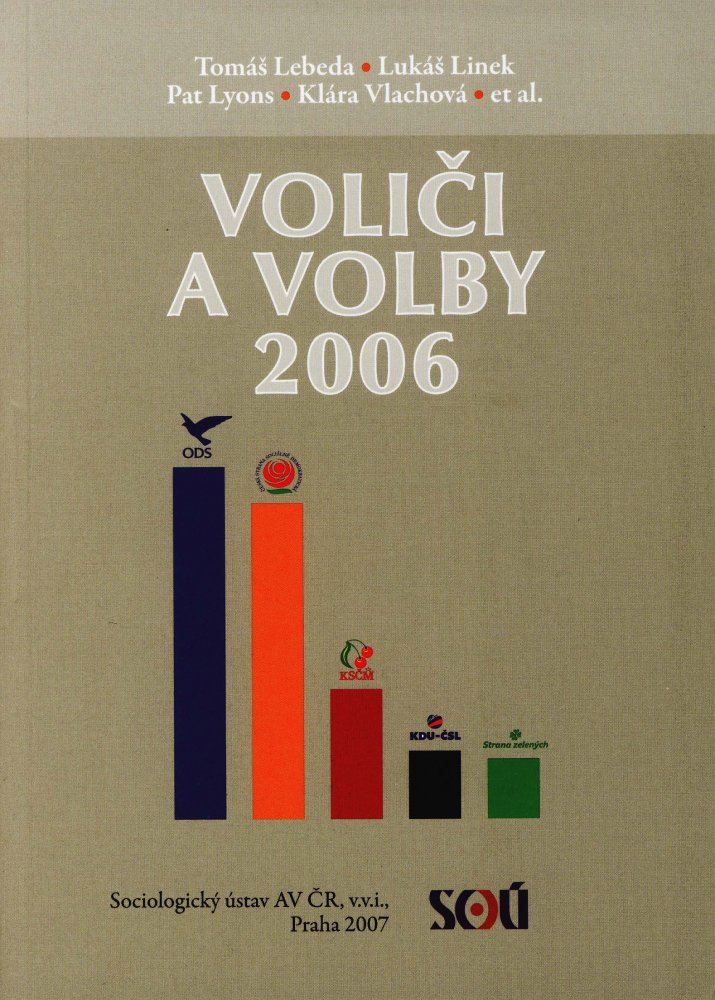Publications
Krystalizace politických postojů, politického spektra a role hodnot ve volebním rozhodování
Topics: Value Orientations, Politics and Political Attitudes, Elections and Electoral Research
Stranická identifikace v České republice
Topics: Politics and Political Attitudes, Elections and Electoral Research
Linie štěpení v České republice a v Klatovech. Komparace národní úrovně s příkladem konkrétní lokality
Topics: Religion and religiosity, Regions, Elections and Electoral Research
Levice - pravice v České republice v letech 1996 - 2000
Topics: Politics and Political Attitudes, Elections and Electoral Research
Sociální třída a její vliv na volební chování
Topics: Politics and Political Attitudes, Social Inequalities, Elections and Electoral Research, Standard of Living
Types of Non-electoral Political Participation in Europe
Topics: Civil Society, Politics and Political Attitudes
Česká národní identita na přelomu tisíciletí
Topics: Identity, Transformation
Od rovnostářství k zásluhovosti? Česká republika mezi dvěma ideologiemi distributivní spravedlnosti
Topics: Social Inequalities, Transformation
Oděv a móda jako sociální fenomény
Topics: Lifestyle
Subjective Mobility after 1989
Topics: Migration and Mobility, Social Inequalities, Transformation, Elections and Electoral Research
Czech Political Parties and their Voters
Topics: Politics and Political Attitudes, Public Policy, Elections and Electoral Research
Krystalizace politických postojů a politického spektra v České republice
Topics: Politics and Political Attitudes, Public Policy
Role politicky relevantních hodnot ve volebním rozhodování v České republice
Topics: Politics and Political Attitudes, Elections and Electoral Research
The Legitimacy of Democracy and Trust in Political Institutions in the Czech Republic
Topics: Trust/Social Cohesion, Civil Society
Dynamika pozitivní a negativní stranické identifikace v České republice
Topics: Politics and Political Attitudes, Elections and Electoral Research
Národ, národní identita a národní hrdost v Evropě
Topics: Identity
Aktivní občanství a spokojenost s demokracií v Evropě
Topics: Civil Society, Politics and Political Attitudes
Česká národní identita po zániku Československa a před vstupem do Evropské unie
Topics: European Union, Value Orientations, Identity
První volby do Senátu. Analýza voleb do Senátu Parlamentu České republiky v roce 1996
Topics: Politics and Political Attitudes, Elections and Electoral Research
Nerovnost, spravedlnost, politika. Česká republika 1991-1998
Topics: Politics and Political Attitudes, Social Inequalities, Elections and Electoral Research
Publication Type: Professional Book / Monograph
Department: Czech Social Science Data Archive
Závěr: Co rozhodlo volby do Poslanecké sněmovny v roce 2006 a co jsme se dozvěděli o volebním chování v ČR?
Topics: Politics and Political Attitudes, Elections and Electoral Research
Voliči a volby 2006
Topics: Value Orientations, Politics and Political Attitudes, Elections and Electoral Research
Page 4 of 4

